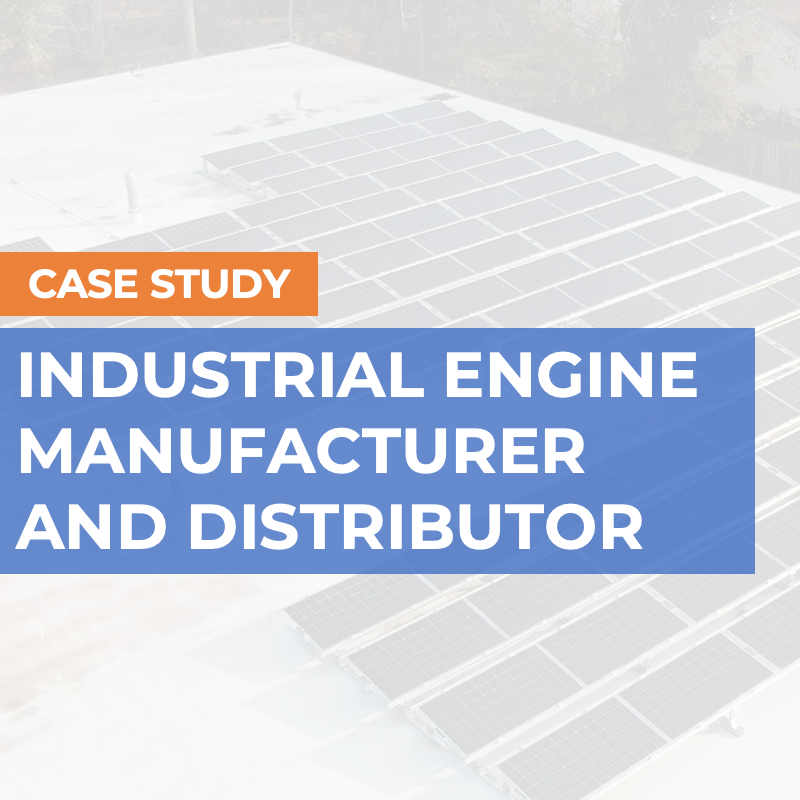Interested in commercial solar? Here is everything you’ll need to know.
How do solar panels work?
Photovoltaic panels are composed of many silicon semiconductor cells. Elements within each cell activate electrons. Energy from sunlight drives those electrons into the electrical circuit connected to the solar panel.
How long do solar panels last?
Up to 30 years or longer
Are solar panels safe?
While any electrical system poses some level of risk, a properly designed and installed modern system following strict federal codes presents minimal risk. That’s how we operate: proper design and installation following strict codes!
Will solar provide backup power to my business in case of an outage?
Not if it is connected to the grid – then it is required to shut down during a utility power outage by NFPA 70, also known as the National Electrical Code, a standard for the safe installation of electrical systems in the US. Battery storage may be an option, as is a back-up generator. We’ll help you consider options.
Does a solar energy system need to use storage batteries?
No, but it may be a viable option. That’s where our experts come in; they’ll work with you to determine the best system for your business’s needs.
What are the promotional and marketing benefits of solar?
Using solar energy demonstrates your company’s commitment to minimizing environmental impact as well as to controlling cost for the long term. These are strong marketing messages for your company’s customers and your employees.
Does installing a solar energy system require a building permit?
Normally, yes, but different areas may have different rules. We’ll handle that.
Can solar be installed on a flat roof?
Yes, a flat roof works very well for solar. We’ll go over your facility and determine the optimum placement for a solar energy system.
Will my insurance coverage change with the addition of solar?
Usually, yes, but we’re energy experts, not insurance advisors. Please consult with your insurance provider.
What is the difference between solar photovoltaic (PV) and solar thermal systems?
Solar photovoltaic (PV) systems produce electricity using silicon semiconductor cells, while thermal systems use sunlight to heat water.
How do I figure out ROI/simple payback for solar?
We’ll help you with that! Genie Solar’s experts take into account many factors: the amount of electricity your company uses, the cost of that electricity (including peak demand charges), the size of the solar energy system you are considering and its cost and production, plus available incentives such as tax credits.
What incentives or rebates are available to businesses investing in solar?
The federal Investment Tax Credit (ITC) is available to companies investing in solar energy systems, although the amount of this benefit is scheduled to lessen. Depending upon your company’s location, state and/or local incentives may also be available.
How much maintenance will my solar energy system need?
Very little, because there are no moving parts. There is a monitoring system that points out operational issues with any of the panels. In the unlikely event of a problem, Genie Solar can help you.
What incentives or rebates are available to businesses investing in solar?
The federal Investment Tax Credit (ITC) is available to companies investing in solar energy systems, although the amount of this benefit is scheduled to lessen. Depending upon your company’s location, state and/or local incentives may also be available.









